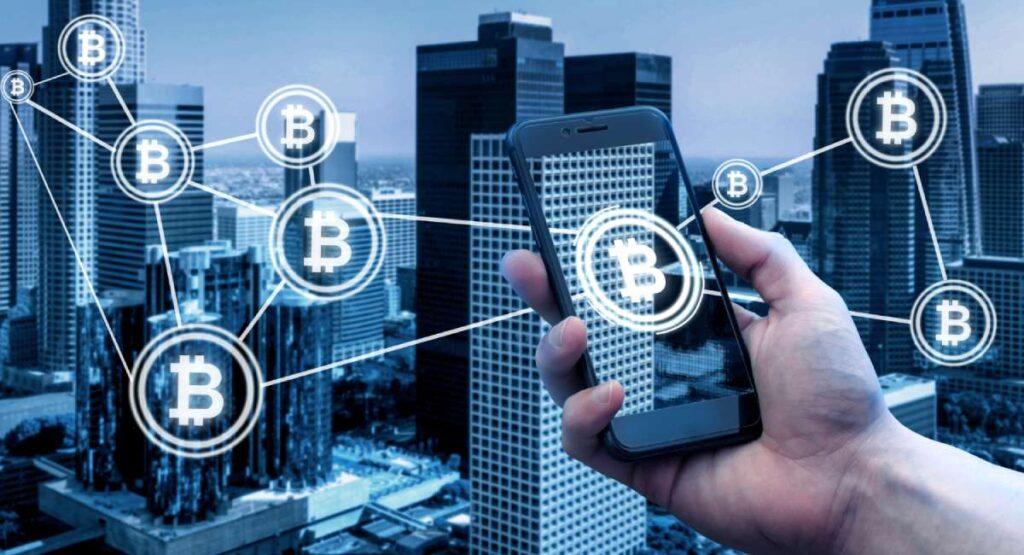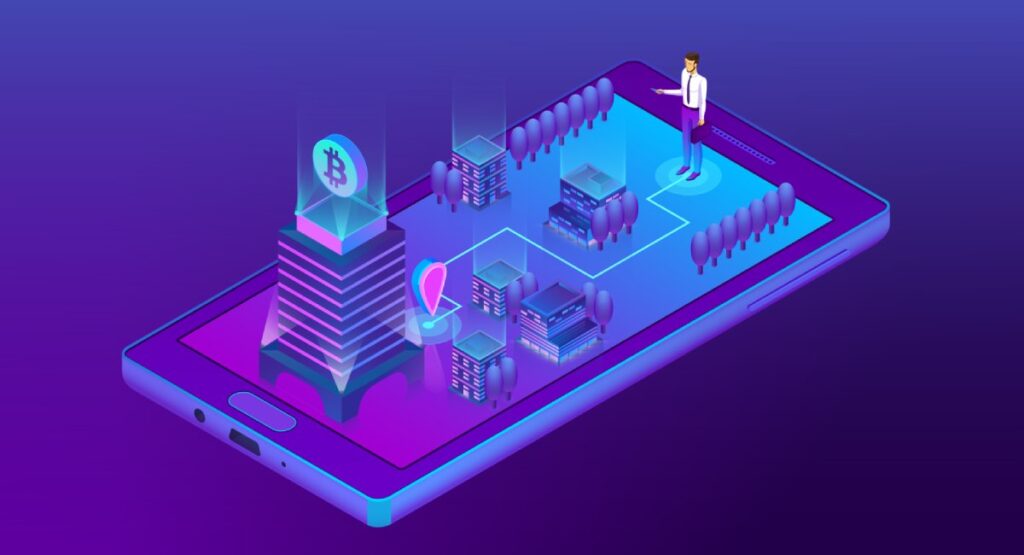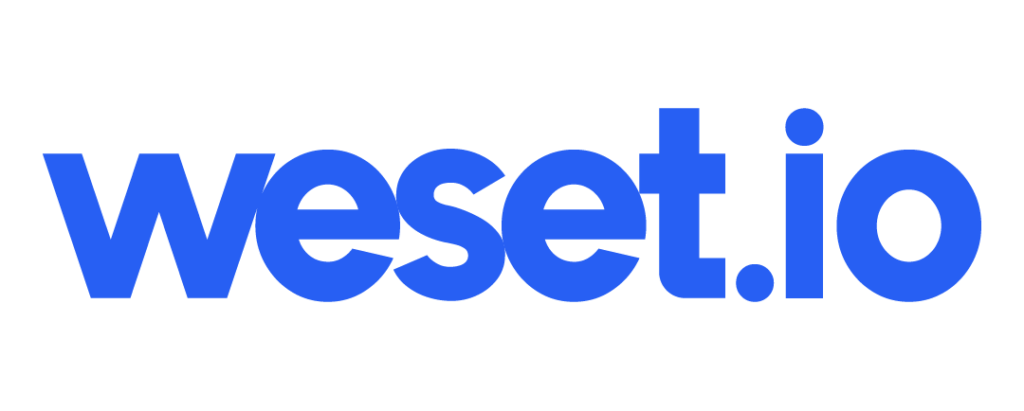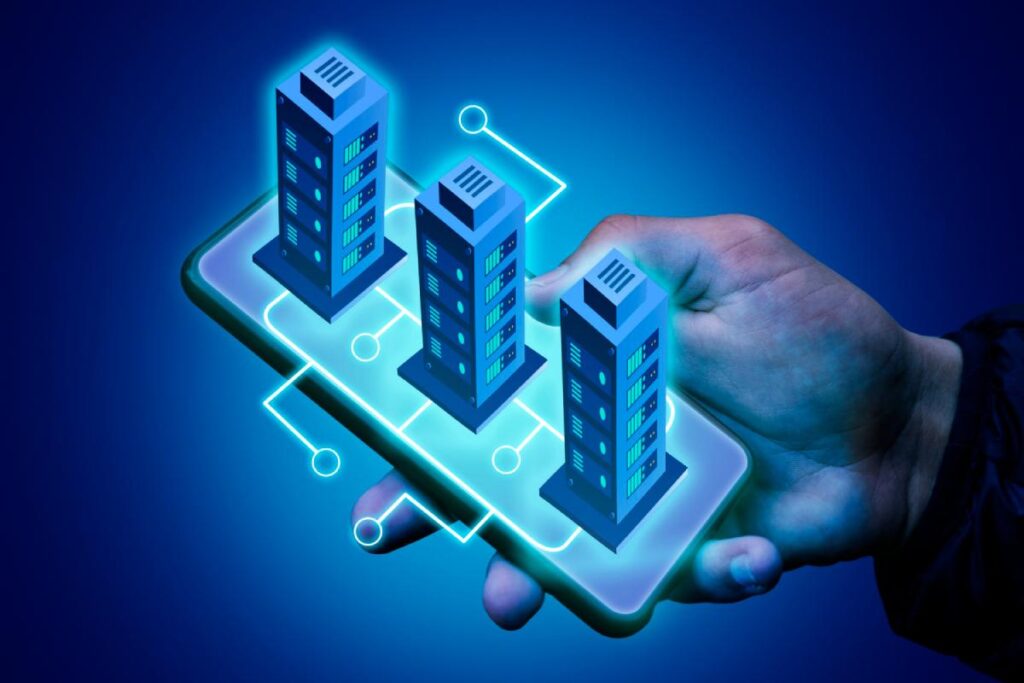Real estate tokenization is a revolutionary concept that is disrupting the traditional way of investing in real estate. For those new to the topic, real estate tokenization refers to the process of converting real estate assets into digital tokens that can be bought, sold, and traded on a blockchain network. This innovative solution offers a wide range of benefits for investors, including fractional ownership, liquidity, and increased accessibility to global markets. This breakthrough technology merges the traditional asset class with blockchain technology, enabling investors to buy and sell property shares without the hassle of the traditional real estate market.

One of the main drivers behind the rise of real estate tokenization is the emergence of blockchain technology. Blockchain technology is decentralized, transparent, and secure digital ledger that is immutable and tamper-proof. This means that once a transaction is recorded on the blockchain, it cannot be altered or deleted. The use of blockchain technology in real estate tokenization provides a high level of security and transparency, as all transactions are recorded and verified on the blockchain network.
Real estate tokenization offers several advantages over traditional real estate investing. For instance, it allows for fractional ownership, meaning you can own a portion of a high-value property that would otherwise be too expensive to buy outright. Additionally, tokenization offers greater liquidity, as shares can be bought and sold more easily and quickly than traditional real estate transactions.
How does real estate tokenization works?
When it comes to real estate tokenization, the process starts with conducting a thorough due diligence process to determine the value of the asset and ensure that all legal requirements are met. This step is essential in ensuring that the asset is deemed suitable for tokenization. Once the asset has been confirmed as suitable, the asset owner then proceeds to divide the asset into digital tokens that represent a fraction of the asset.

After tokenization, the tokens are offered for sale on a specialized real estate tokenization platforms. Investors can then purchase these tokens using cryptocurrency, providing them with fractional ownership of the property. The tokens can be traded on a secondary market, often in the shape of NFTs, providing liquidity to the real estate asset.
Through this process, real estate tokenization has become a game-changer for the industry, creating new opportunities for both property owners and investors. This method provides more accessibility to the real estate market, especially for those who previously could not afford to invest in full properties.
Real estate tokenization use cases
Real estate tokenization offers a wide range of use cases, including but not limited to, commercial and residential real estate, infrastructure projects. This innovative solution allows for fractional ownership, meaning investors can own a small portion of a high-value asset, which was previously only available to a select few.

Real estate tokenization market growth expectancies
The global real estate tokenization market is expected to experience significant growth in the coming years, driven by the increasing demand for alternative investment options, the rise of blockchain technology, and the need for greater liquidity in the real estate market. According to a report by ResearchAndMarkets, the global real estate tokenization market is expected to reach $1.4 billion by 2027.
We can conclude that real estate tokenization is a game-changer for the real estate industry. It provides a wide range of benefits for investors, including fractional ownership, liquidity, and access to global markets. The use of blockchain technology ensures a high level of security and transparency, while the ability to tokenize a wide range of assets offers a range of exciting use cases. As the global real estate tokenization market continues to grow, we can expect to see even more innovative solutions emerge, transforming the way we invest in real estate.





